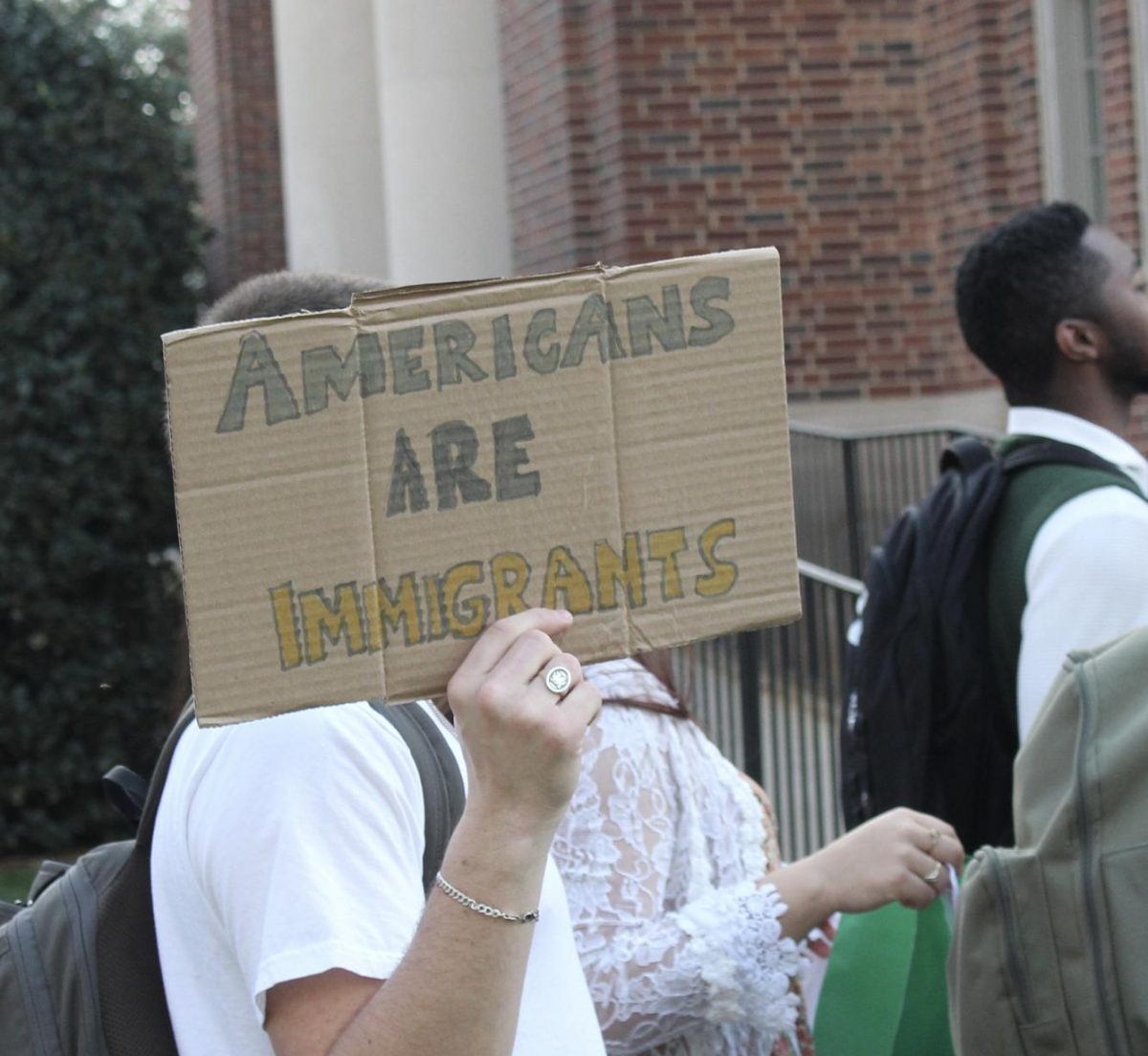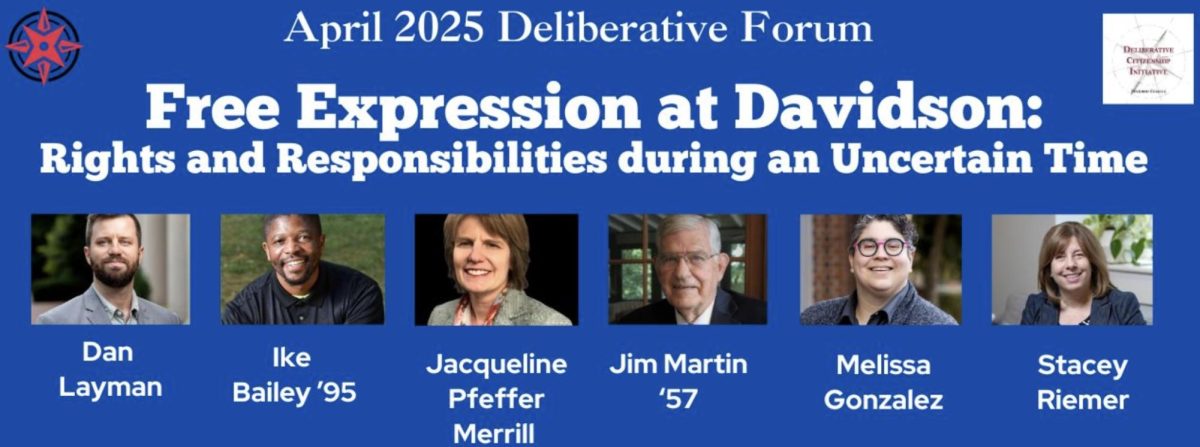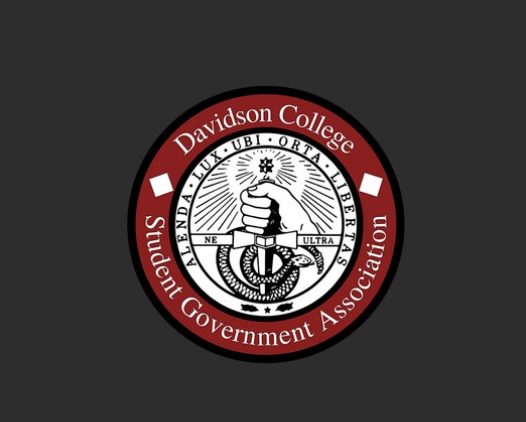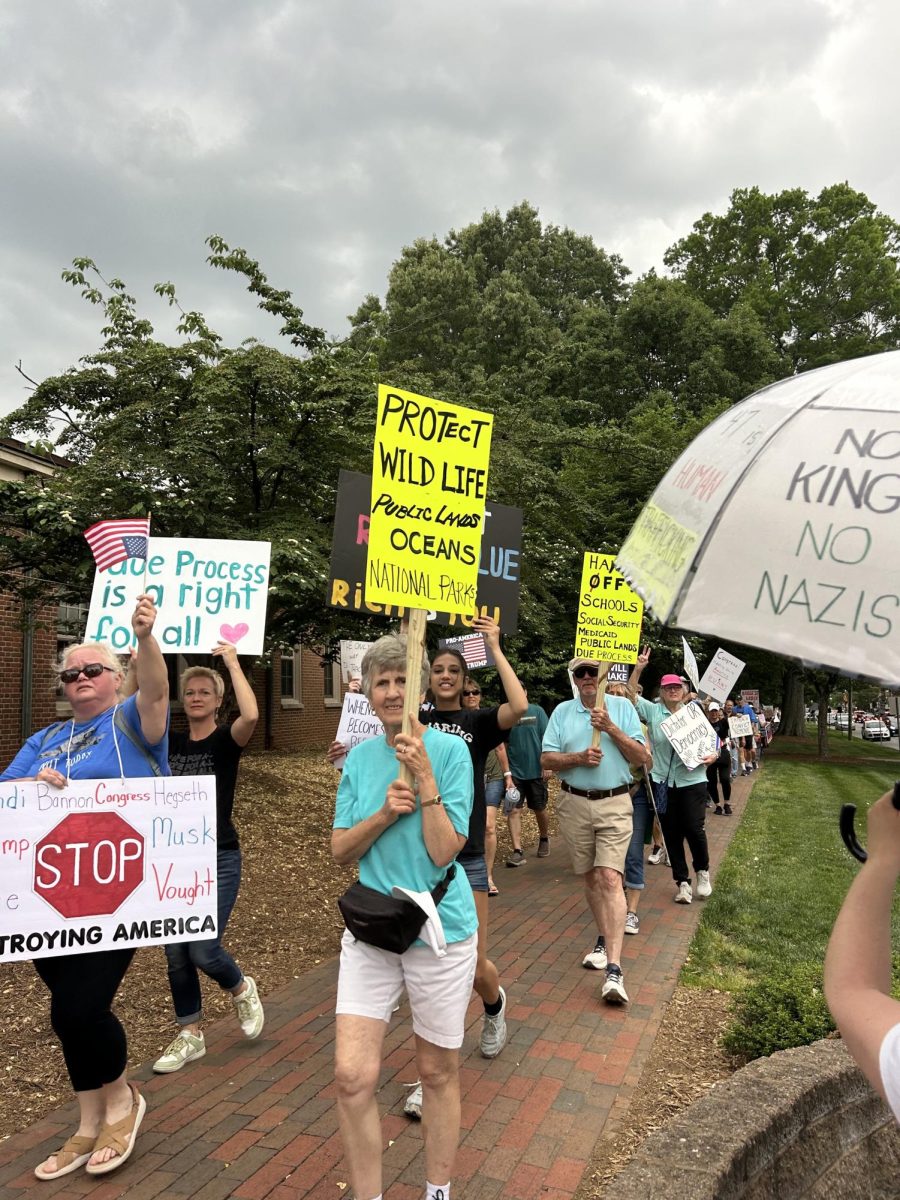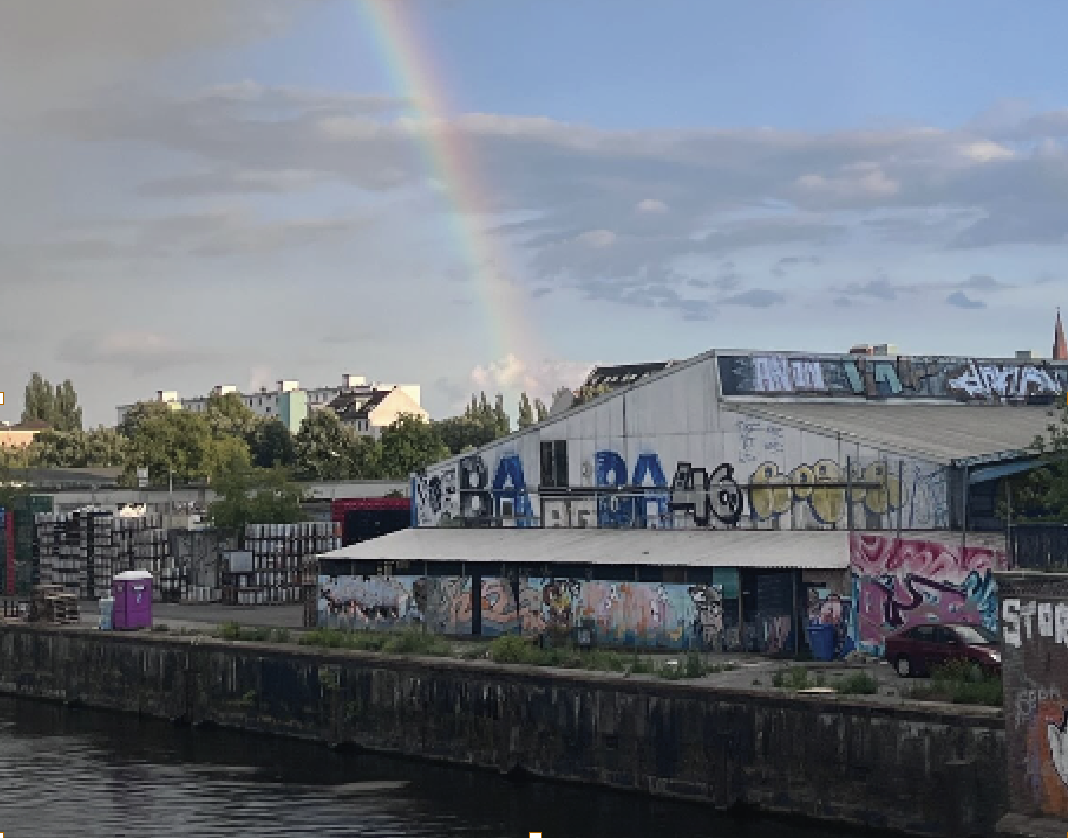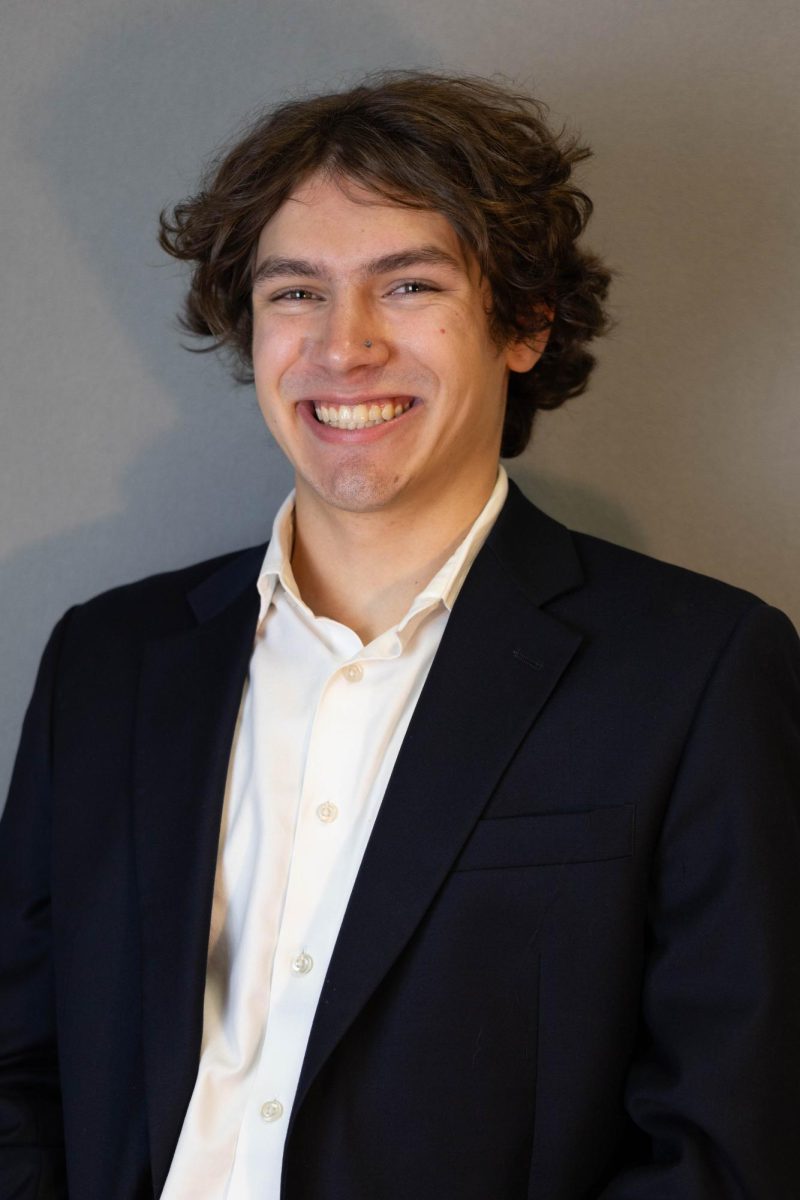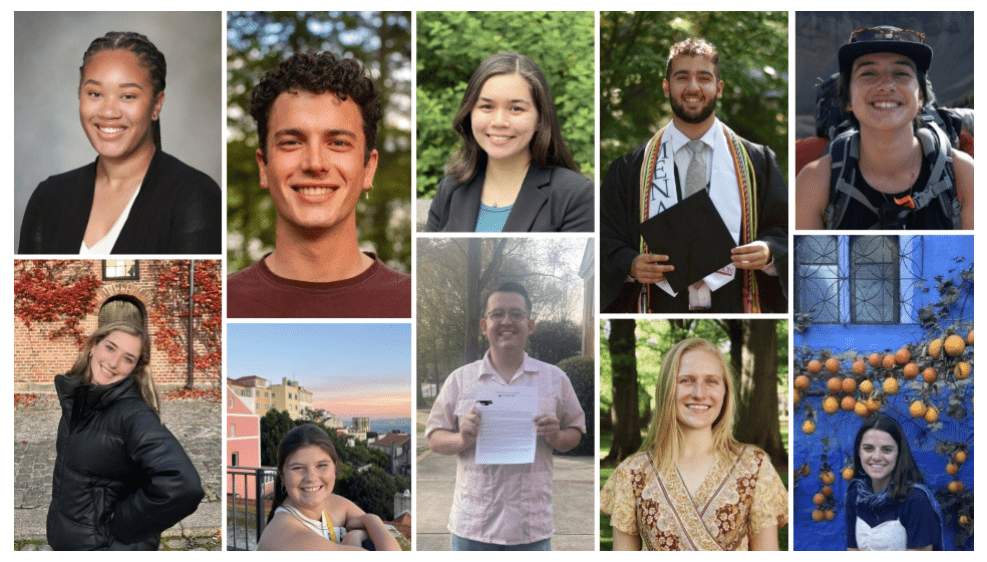Pulitzer-Prize winning former foreign correspondent Chris Hedges came to Davidson’s campus on Feb. 20 to give this year’s Z. Smith Reynolds Lecture, entitled “War Is a Force That Gives Us Meaning.” Dr. Patricio Boyer, Director of the Humanities Program and Associate Professor of Hispanic Studies introduced Hedges, after which he took to the stage and held a deliberate 30 seconds of silence before opening his lecture:
“The landscape of war is hallucinogenic. It defies comprehension.”
Hedges, who has reported on various conflicts for many media organizations, including The New York Times, is no stranger to war. Notably, he has covered the Salvadoran Civil War in the 1980s, the Gulf War in the early 1990s and the Yugoslav Wars in Sarajevo in 1995. “I’ve tasted enough of war, enough of my own fear. My body turned to jelly to know that war is always evil—the purest expression of death,” Hedges stated resolutely.
Hedges’ lecture broadly focused on acknowledging the realities of war. He offered specific descriptions of the trauma war induces upon perpetrators of violence and victims of violence and reflections on his own experience with war. In doing so he painted war as it is, not as how it is remembered after being “sanitized and mythologized” for the sake of patriotism. “You can’t resist effectively if you can’t determine the configurations of reality” Hedges argued.
These descriptions of the cruelties of war that he has witnessed firsthand took the form of a series of narratives. First, he recounted a sequence of interactions he had with snipers in various conflicts and their bullets which gave way to the “distinct, ominous sound that spreads terror.”
He described one instance in Sarajevo that is forever imprinted in his mind: watching from his place of shelter at the Holiday Inn as an old couple was fired at by a Serbian sniper while simply tending to their vegetable garden. “ I watched it from the back of the Holiday Inn, but by now I have seen it—or the shadows of it—hundreds of times,” Hedges mournfully elaborated.
Attendee Louis Zhang ‘25 was struck by the uncensored realities that Hedges depicted. “I appreciate that we have some people like him, that are working the front line and working for justice and never surrender to the authorities of power and to tell us the truth, and just the truth,” Zhang said.
These real world experiences which construct Hedge’s lines of reasoning, leave him disconnected from the title of “pacifist.” Throughout the lecture, Hedges continually expressed that, though he is a Presbyterian minister, he does not claim the title. “There were no discussions about pacifism in the basements in Sarajevo when we were being hit with hundreds of Serbian shells a day under constant sniper fire,” he declared.
Hedges, nonetheless, is an unyielding critic of war and those who profit from it. “Only politicians, autocrats, and warlords who dream of the god-like power that comes with wielding armies or war planes and fleets along the merchants of death […] profit from war,” he said. He continued to condemn these war profiteers. “These merchants of death are Satanic. The more corpses they produce, the more their bank accounts swell.”
Hedges’s lecture centered around his strident denouncement of what he continually referred to as the “Genocide in Gaza.” Hedges has spent seven years covering the Israel-Palestine Conflict and specifically substantial time in Gaza while serving as the Middle East Bureau Chief for The New York Times beginning in 1991. “My old office in Gaza City is a pile of rubble […] Friends and colleagues are dead or more often have vanished. Last heard from weeks or months ago,” Hedges described.
He painted desolate and grueling pictures of the reality of living in modern day Palestine, conditions born out of the ongoing conflict. “Desperate Palestinians are being forced to choose between living like cave dwellers—camped out amid jagged chunks of concrete—dying from disease, famine, bombs and bullets, or [face] permanent exile,” Hedges said. “Shooting unarmed people is not bravery. It is not courage, and it is not even war. It is crime, it is murder, and Israel runs an open air shooting gallery in Gaza in the West Bank, as we [the United States] did in Iraq and Afghanistan.”
Hedges has plans to go back to Rafah in upcoming months in order to contribute to his soon to be published book: A Genocide Foretold. The contentious nature of the book has led to poor receival from publishing houses and an expensive bill to foot. Hedges has primarily turned to writing a myriad of books and publishing on Substack (a subscription based self-publishing site) to disseminate his writing after leaving The New York Times in 2005. In this new age era of self-publishing, Hedges suggested that he will “probably have to use the Substack to fund the book.”
Lecture attendee Rimsha Syed ‘27 noted the timeliness of Hedges’ lecture in conjunction with the current political state of the United States and world at large. “I think it was really critical at this point in time for a speaker like him to come in that has all of this experience, especially given the new administration coming in,” Syed said afterwards. “It’s a good place to remind us that that doesn’t mean we should be striving any less [to end] those injustices.”
Katriel Sander ‘27 echoed Syed’s sentiments. “I like the way that Hedges began by talking about just the horrors of war […] It was something that almost any other speaker would have made really unpalatable for Davidson students, but Davidson students need to hear [it].”
Hedges ended his lecture on a note of how Americans collectively can repent for their complicity in ongoing conflicts globally. To do so, he stressed that a liberal arts education has the power to induce the ability to ask questions and resist.
“A good liberal arts education is subversive in the sense that it gives you the tools to examine structures of power, to challenge social, cultural, political assumptions,” Hedges asserted. One such instance of subversiveness that he referred to was the encampments constructed by students at various colleges and universities protesting the war in Gaza and demanding that universities divest from companies supporting Israel. “I think we saw that [subversiveness] with those encampments, and I think that that was the first step towards the repentance we have to take.”





